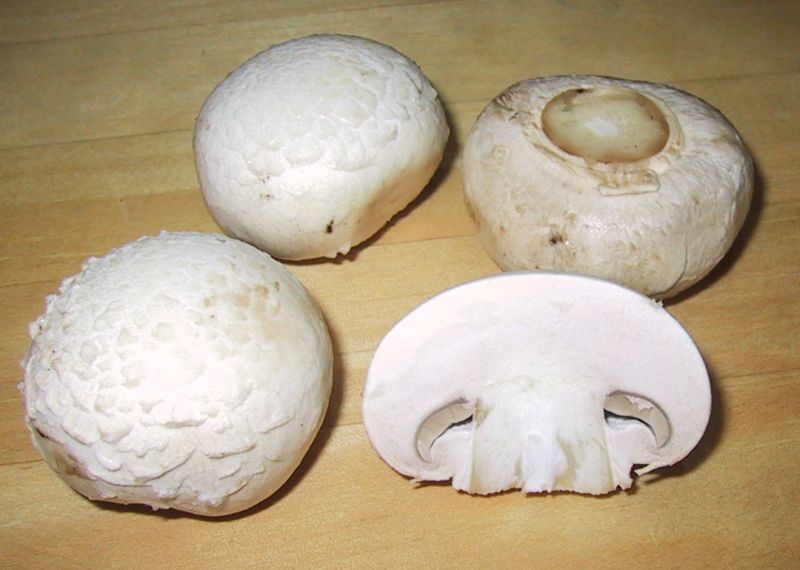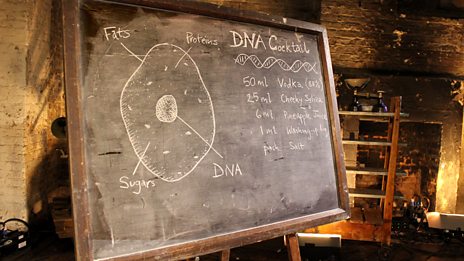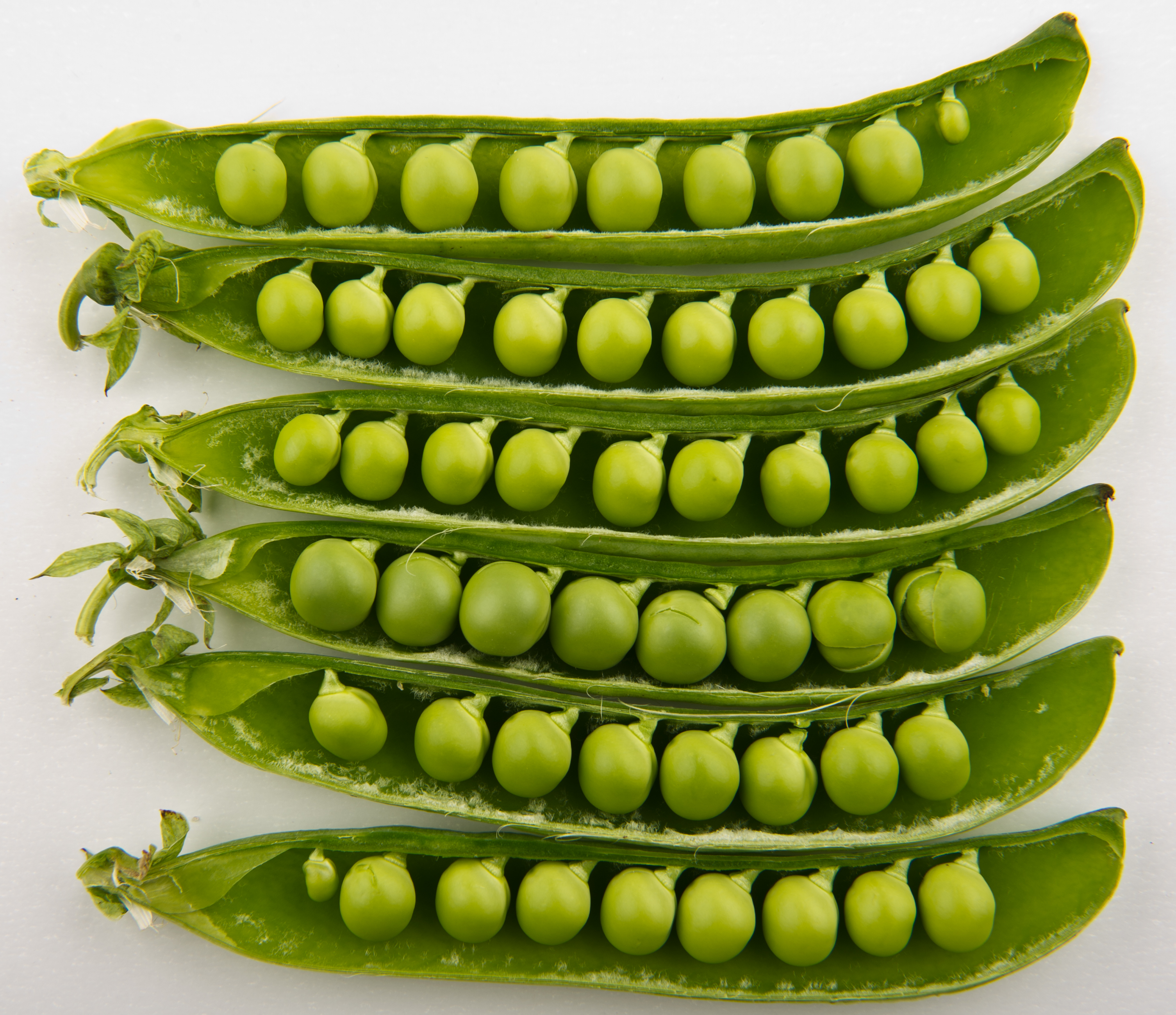IFR Open Day
Saturday 29 September 2012
10:00 - 16:00
This is a unique opportunity to wander around the Institute of
Food Research, talk to scientists about their work, follow trails, take
part in competitions and find out about what goes on inside one of the
world's centres of scientific excellence right on your doorstep.
Schools Open Day
Friday 28 September
09:30 - 15:30
Open to Yrs 10-13, this is an exciting opportunity to wander round
one of the UKs leading research centres, the Institute of Food
Research, and find out about careers in science and what goes on inside
it. There will be open labs, demonstrations, talks and activities
around the buildings including flow cytometry, nuclear magnetic
resonance or
NMR for short, microscopy, chemical
imaging and a chance to go inside a Biorefinery– an opportunity to see
in action equipment you can often only read about or see photos of.
There will be activities on biofilms, translating proteins
into music, taking part in a fat content taste panel, doing something a
bit Risky, go inside the Step Back in Time Lab, take part in a sciart
activity and the BBSRC Bioenergy display. Taste & Flavour, Do you
Know Your Fats, Iron Extraction from Special K and keeping up the
Olympic theme in case its long forgotten, Food for Sport, games and
hands on fun not to mention walking through an inflatable colon!
You must register to attend and places are
limited to 30 per year group per school, unless we have unfilled
spaces. The only session you have to book in for are the set of short
talks which last an hour in total which will be from 09:30, 10:45,
12:00, 13:15 and 14:30. Talks will be on Food & Appetite,
Food Safety, data mining, super Broccoli, Carbohydrate-protein
interactions and food allergies. You are then free to do whatever you
choose, although if certain areas get congested we may ask you to move
on!
There will also be the chance to talk to other scientists from
across the Norwich Research Park including the Genome Analysis Centre
and John Innes Centre.
A dedicated careers area will be attended by the Food and
Drink Federation, Chilled Foods Association, Leeds University,
Institute of Food Science and Technology and London South Bank
University, not to mention our own young up and coming researchers to
talk informally to anyone wanting to know what it’s like to work in
science, from physics to chemistry, biology to microbiology, molecular
genetics, biochemistry and maths.
There is parking available on site and if dry you are welcome
to have lunch and refreshments in the grounds. However, we have limited
space inside to sit and eat so would prefer it if you could plan not
to do so. Exceptions may be made for those travelling some distance.
To book your place please contact
dawn.barrett@nbi.ac.uk by Friday 21st September.
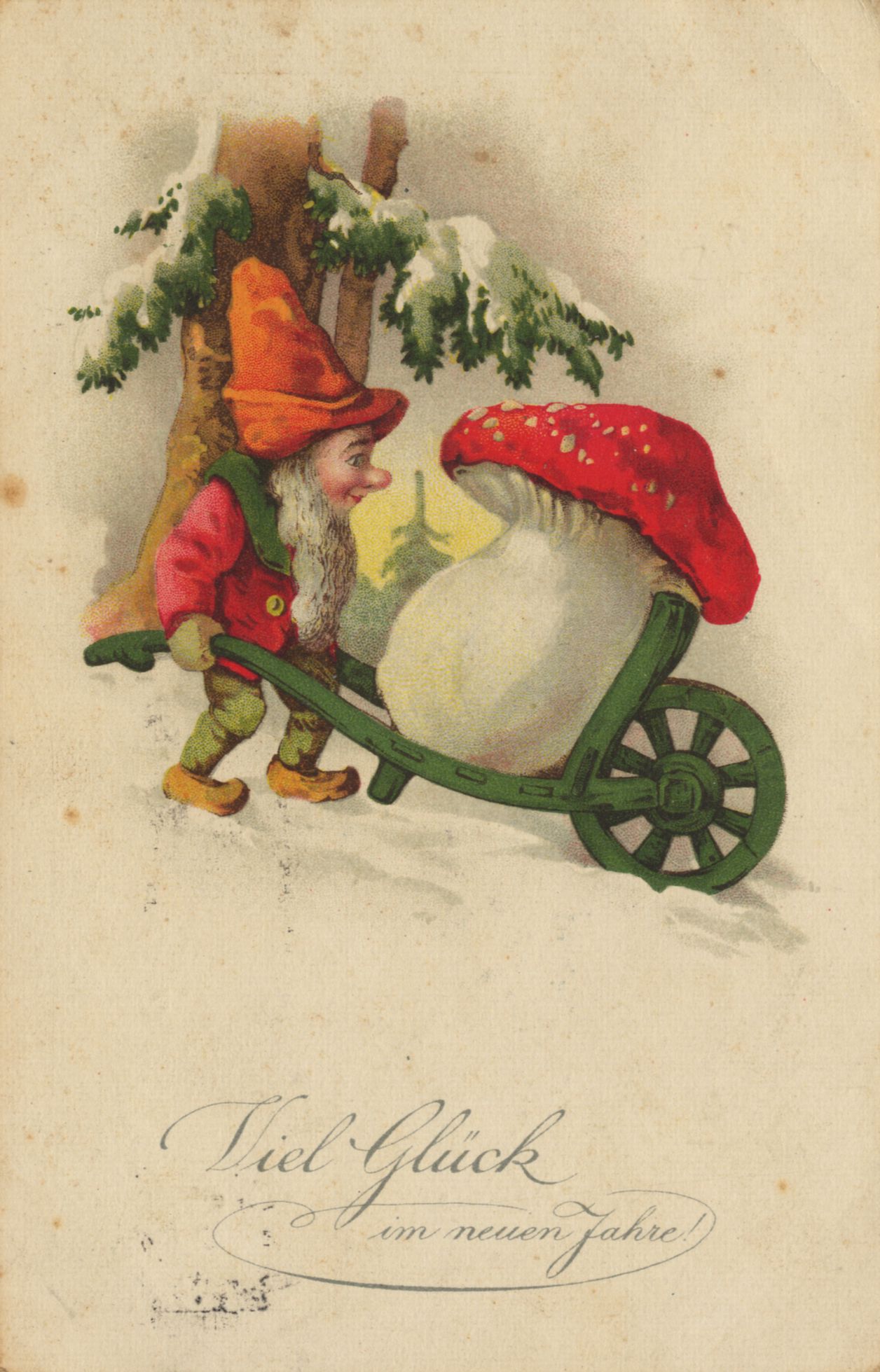 Looking forward to tomorrow (Oct 13th) at John Innes Centre (Near the Norfolk & Norwich Hospital).
Looking forward to tomorrow (Oct 13th) at John Innes Centre (Near the Norfolk & Norwich Hospital).
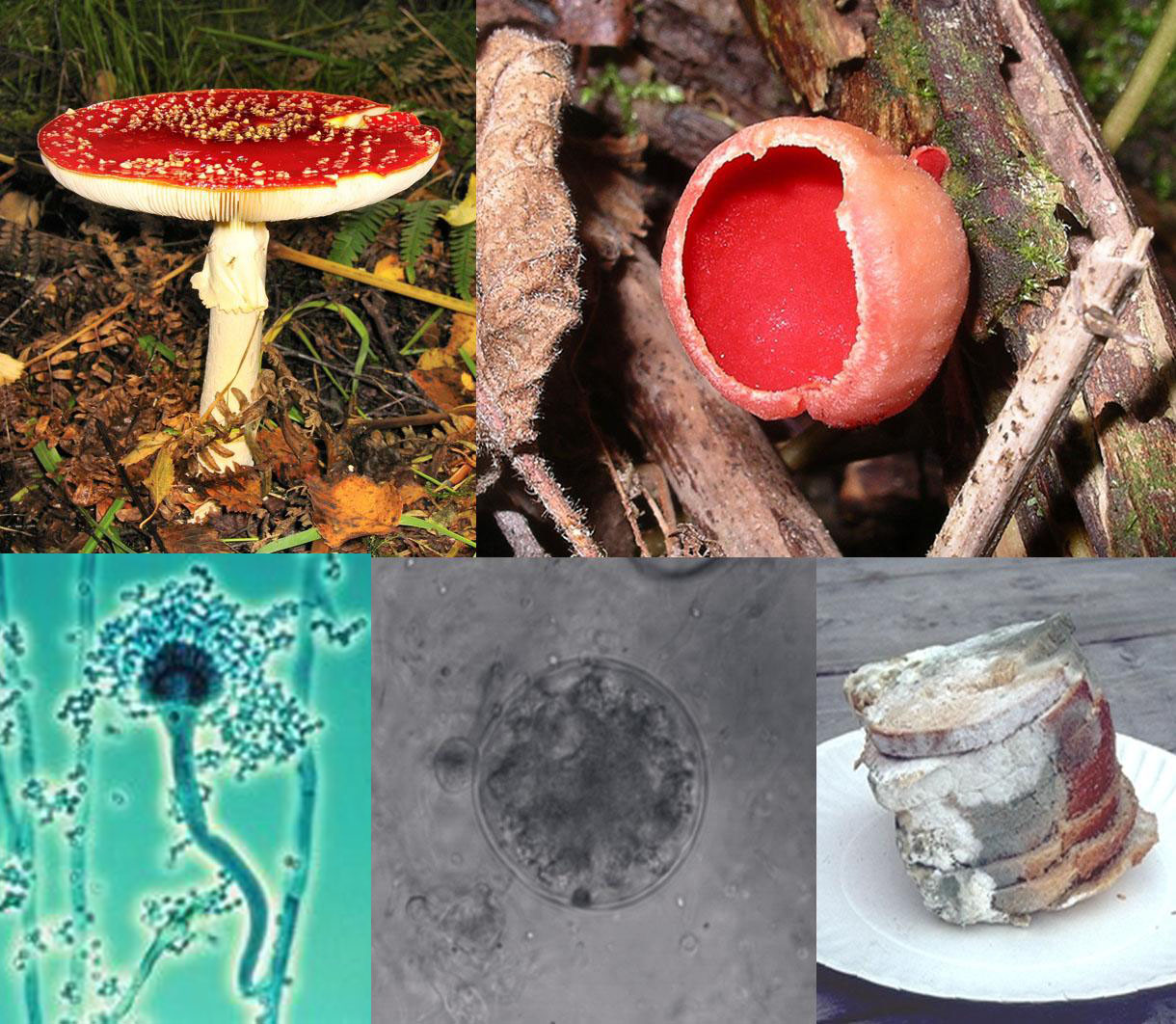 The event will have several activities (arts & crafts, story telling, fungal foray (looking at woodland fungi with an expert), how the toadstool got its spots, mushroom growers, mushroom recipe tastings, beer tastings, fungi in medicine & disease, fungi used in food production (affecting taste, flavour & texture) and more...).
The event will have several activities (arts & crafts, story telling, fungal foray (looking at woodland fungi with an expert), how the toadstool got its spots, mushroom growers, mushroom recipe tastings, beer tastings, fungi in medicine & disease, fungi used in food production (affecting taste, flavour & texture) and more...).